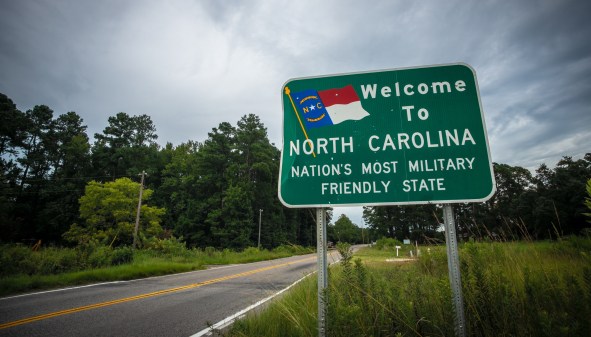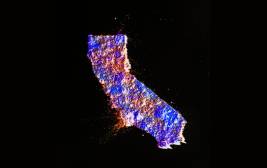Broadband stratified by demographics and income in California, survey finds

Californians are more connected to the internet than ever before, but at-home access is still stratified by factors like income and race, according to a survey of 1,650 Californians conducted by the University of Southern California and the nonprofit California Emerging Technology Fund.
In an annual statewide broadband report published on Tuesday, researchers found that more than a quarter of the state’s low-income residents lack any access to the internet or are only connected via a smartphone, while higher-income households enjoy “near universal adoption.” At least 20% of the low-income households surveyed also reported going without any internet access for long periods of time, confirming the fragility of the state’s low-income connectivity strategies, researchers wrote in the report.
The state’s Hispanic residents, additionally, were significantly less likely to have at-home broadband access than other racial groups, despite making up 40% of California’s population.
And despite 91% of all households in the state reporting some internet access at home, up from 88% in 2019, the COVID-19 pandemic “exposed the inadequacy” of the state’s broadband infrastructure, researchers found, especially in how unaffordable internet access can be.
“Going digital is a way of life, so we are encouraged to see that overall Internet adoption is increasing,” Sunne Wright McPeak, the California Emerging Technology Fund’s president and CEO, said in a press release. “Still, far too many Californians are up against a Wall of Poverty. From our work in education and telehealth, we know home internet is a catalyst for expanding opportunity for all Californians.”
Nearly 40% of the unconnected or smartphone-reliant respondents cited affordability as their largest barrier to reliable broadband access, with almost 67% of those unconnected respondents saying they’ve been unaware of any discounted or alternative plans offered by internet service providers or state agencies during the pandemic. National ISPs struck deals with cities like San Jose to expand access rapidly over the last year, often via donations of Wi-Fi hotspots or service delivery and with the Federal Communications Commission to offer discounted access plans.
But researchers wrote Tuesday that local and federal government programming isn’t reaching the people who need it most, as just one in four unconnected Californians surveyed said they’d ever applied for an alternative internet plan. The short-term nature of those plans also suggests they aren’t sustainable, researchers found.
“The findings also suggest that short-term remedies based on emergency funding and technologies with limited capabilities are likely to fall short, unless coupled with long-term initiatives that promote the deployment of robust broadband infrastructure, address service affordability, and promote digital upskilling,” the report read.




